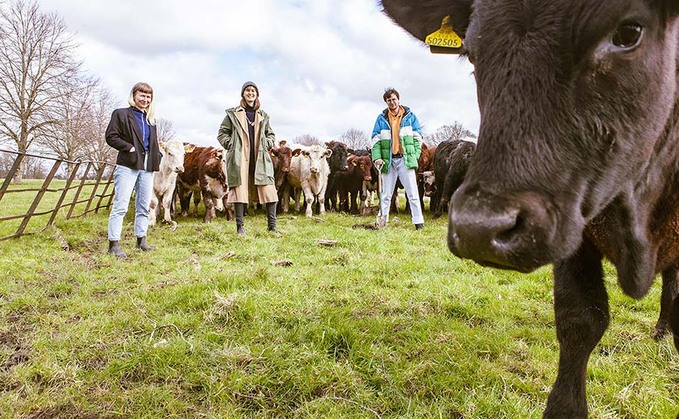
Farmerama Radio has been quietly blossoming for six years, but recently it has become one of the industry's most valued voices. Emily Ashworth meets the team behind the podcast. The Farmerama team have...

Farmerama Radio has been quietly blossoming for six years, but recently it has become one of the industry's most valued voices. Emily Ashworth meets the team behind the podcast. The Farmerama team have...